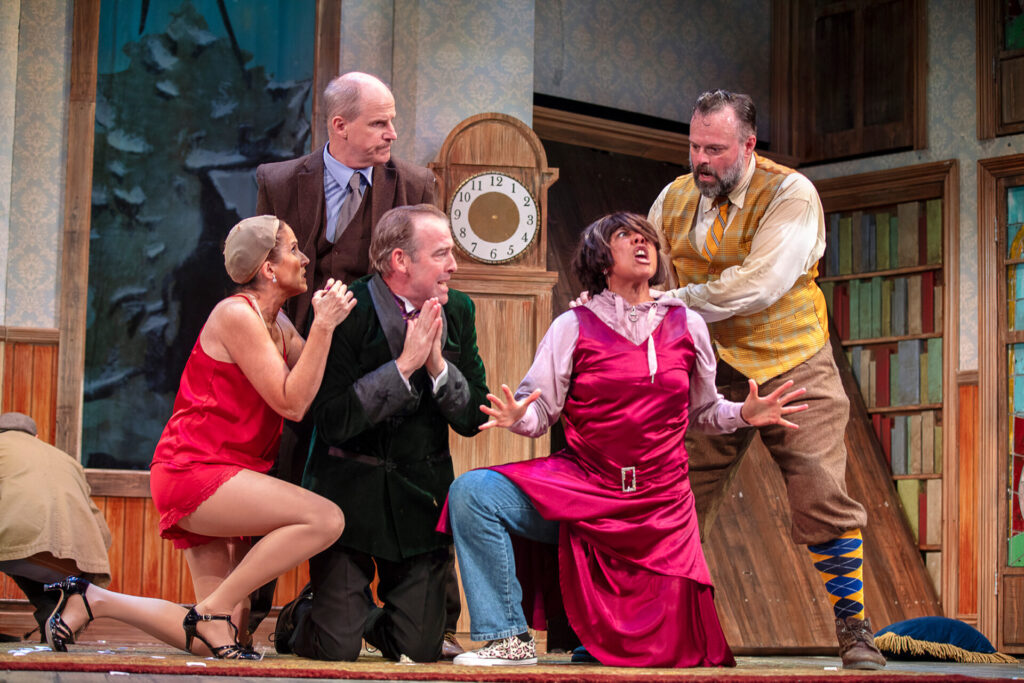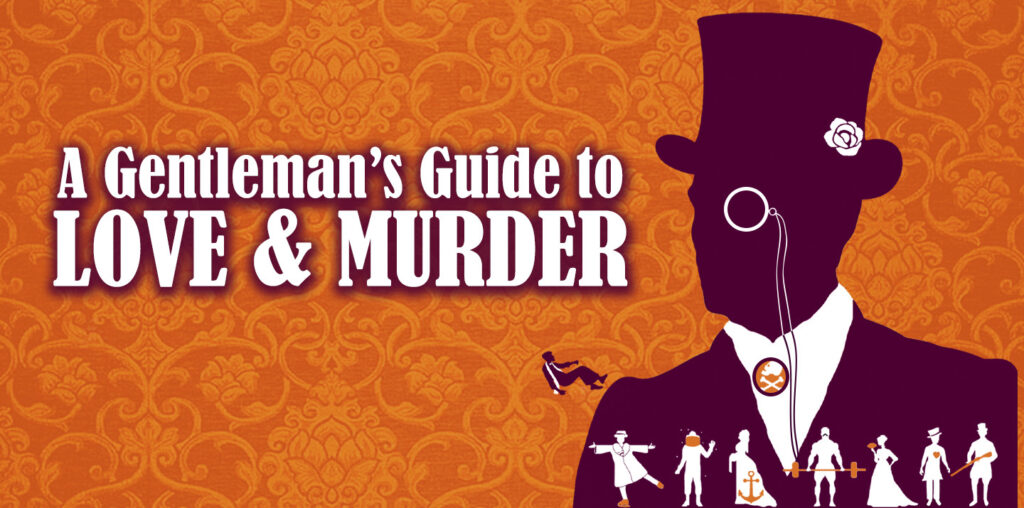Helene Grimaud, pianist, made her Princeton University Concerts debut at Richardson Auditorium on January 24, 2024. This was the Paderewski Memorial Concert.
Helene Grimaud presented works by Beethoven, Brahms, and Bach/Busoni on this dark and stormy night. Yes, yet another stormy night. Still, the Richardson Auditorium in Alexander Hall was packed to the rafters, and for good reason. Helene Grimaud is one of the most celebrated artists of her generation, and this evening was a splendid musical experience for those in attendance.
Before the concert, Marna Seltzer, Director of Princeton University Concerts, came onto the stage to say a few words of introduction. She recounted an event from 2006, I believe, when she was in Chicago and Ms. Grimaud was scheduled to play. A snowstorm had delayed Ms. Grimaud’s flight for hours, and her co-star, famed flutist Emmanuel Pahud, had begun the concert in the meantime. She arrived at intermission and said she would be happy to play her entire concert, beginning to end. So the concert that stormy, snowy evening lasted hours longer than anyone had anticipated. Amazing. So expectations were now set incredibly high.
Those high expectations for musical excellence were met and exceeded. The Piano Sonata No. 30 in E Major, Op. 109, written in 1820, created an entire landscape of dreams and magic. The slightly built, petite Ms. Grimaud bedazzled us with her strong keyboard presence and seemingly effortless elan with which she recreated this masterwork. After a modest bow from the piano, she then launched into Three Intermezzi for Piano, Op. 117. Written by Brahms in 1892, they undoubtedly were inspired by his lifelong passion for Clara Schumann. Lucy Caplan’s excellent and informative notes use such superlatives as “poignantly melancholic,” “wistful,” and “mournful.” The audience was lost in thralls of passion. Each audience member was caressed by angels assuming the aspects of Armie Hammer, Jacob Elordi, and Henry Cavill in sensuous reveries throughout the pieces, which were only heightened during the next Brahms, Fantasies for Piano, Op. 116 (1892). Again, Ms. Caplan uses such terms as “brash,” and “graceful,” to further the impassioned intensity of the work. The audience were whispered to, heard sweet words of love, were transported, indeed, transfixed by extraterrestrial young, ardent lovers kissing them all over their bodies until the final piece on the published program, Bach’s Chaconne from Partita No, 2 in D Minor, BWV 1004, transcribed by Ferrucio Busoni (1893). Now the three genies of sensual pleasure became wrestling angels, as Busoni’s thundering pianism showed its naked power through Bach’s stately, controlled essence. The psychic dopplegangers of Hammer, Elordi, and Cavill were now involving each audience member in a savage Apache Dance, tossing us to and fro into each pair of their waiting arms.
Needless to say, at the program’s conclusion, the audience went wild, recalling Ms. Grimaud repeatedly for accolades. She rewarded us with several encores, which freed us from the passionate embraces we were locked into by supernatural eroticism of a most musical kind. Amazing!
Princeton University Concerts continue well into 2024.
The Hagen String Quartet, March 7, Golda Schultz and Jonathan Ware, April 8, Richardson Chamber Players, and many more events. For more, call 609-258-9220, or visit https://concerts.princeton.edu/








